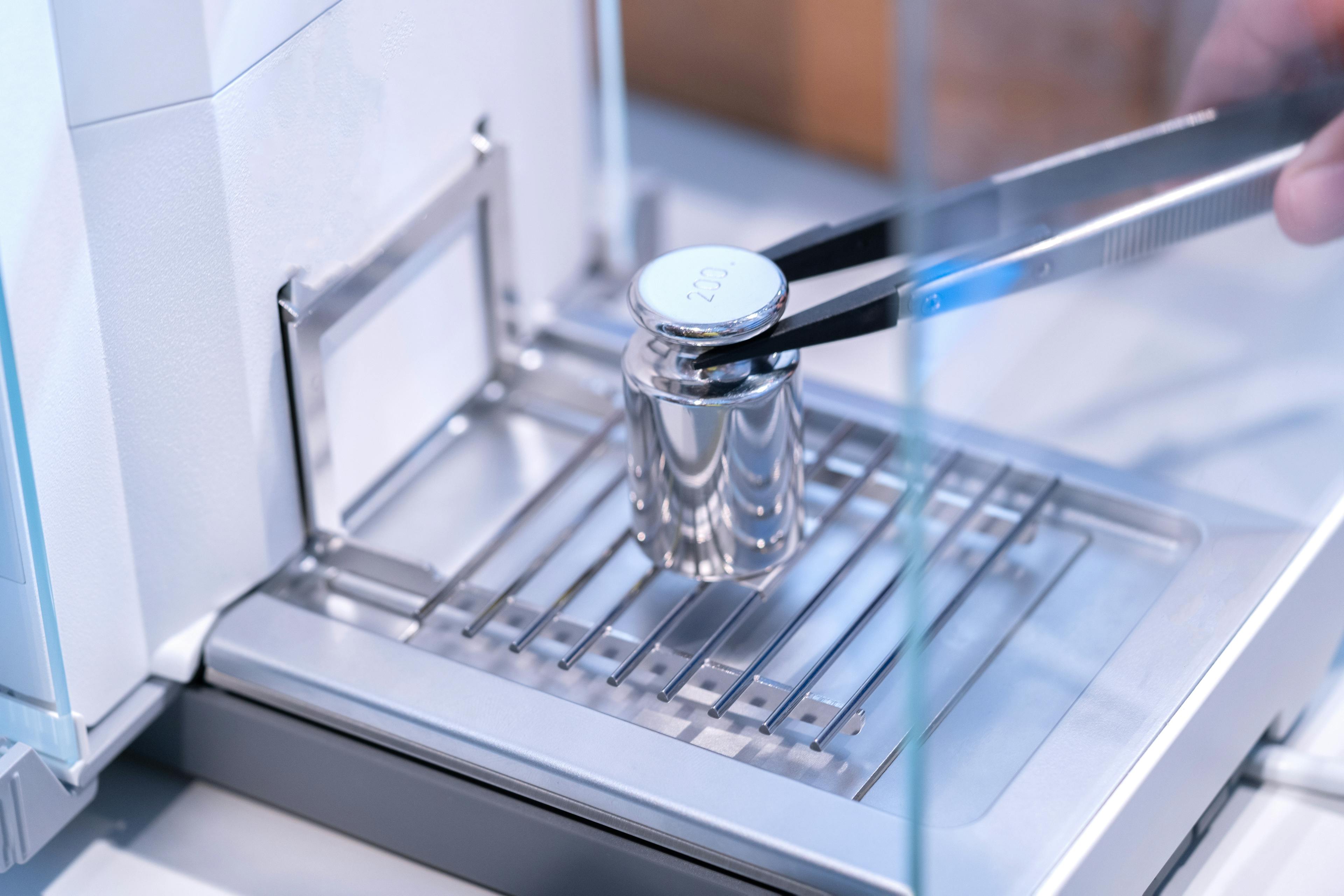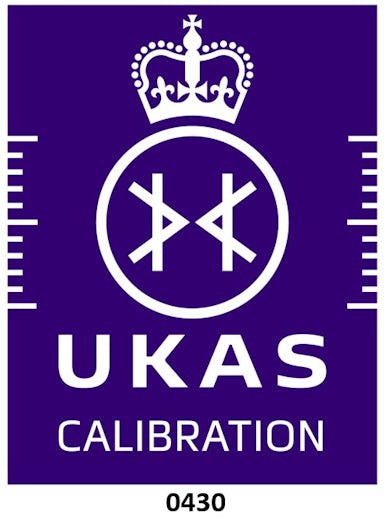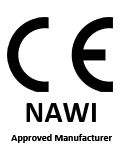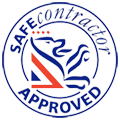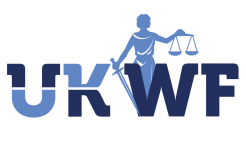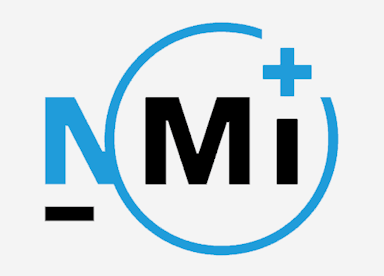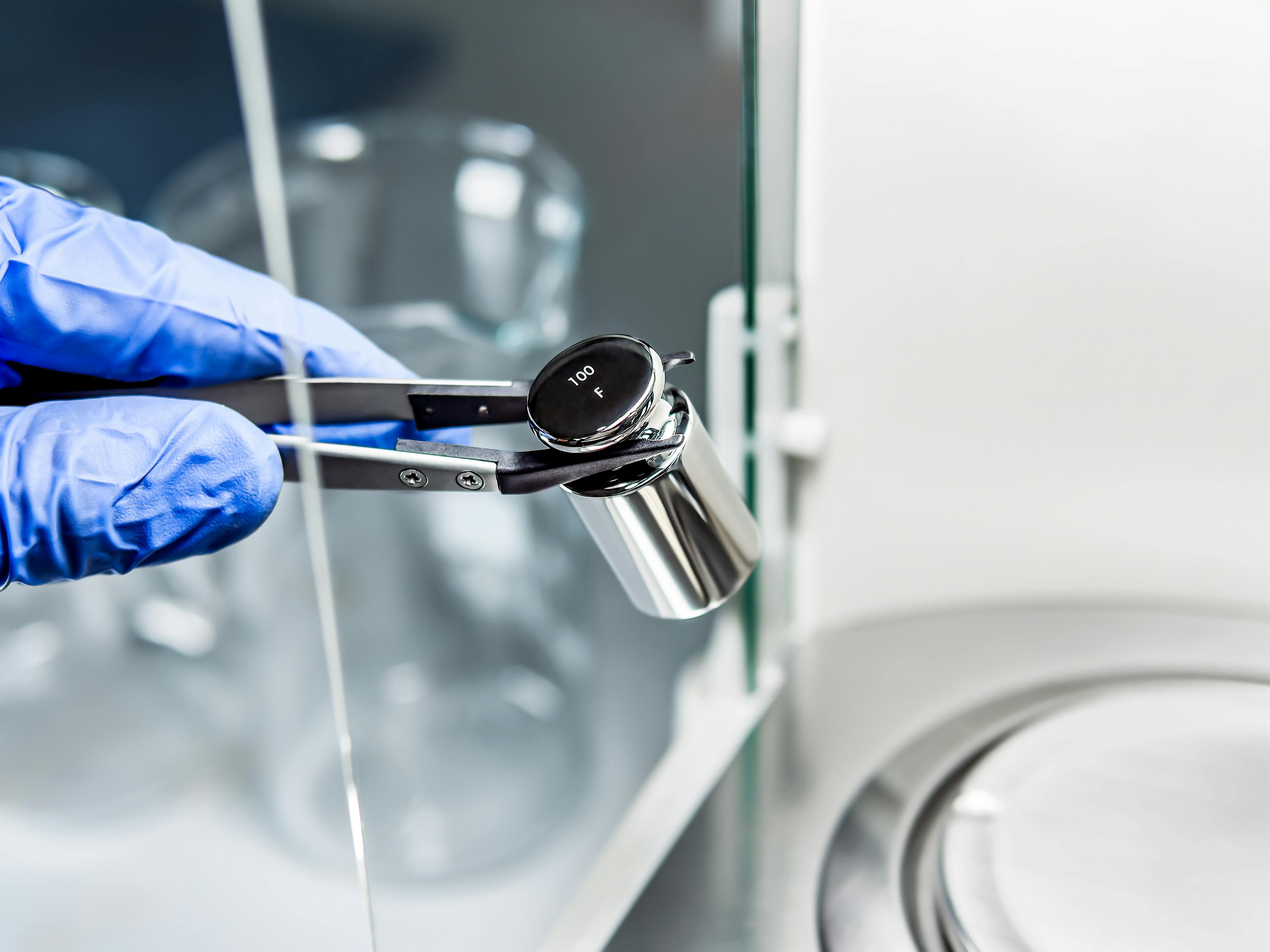
ISO Calibration
ISO calibration is the process of comparing the measurements or performance of a device, instrument, or piece of equipment against a recognized standard, following the guidelines set by the International Organization for Standardization (ISO).
ISO calibration typically involves:
-
Comparison: The device under test (DUT) is compared against a known reference standard. This reference standard could be a calibrated instrument with traceability to national or international standards.
-
Adjustment: If the DUT is found to be outside acceptable tolerances, adjustments may be made to bring it into alignment with the standard.
-
Documentation: Calibration procedures are documented to provide a record of the process, including the results of measurements, any adjustments made, and the date of calibration.
ISO calibration is essential in many industries, where accurate measurements are critical for quality control, compliance with regulations, and maintaining safety standards. It ensures that instruments are functioning correctly and producing reliable data, which is vital for decision-making, product quality assurance, and regulatory compliance.
We provide fully traceable calibration and certification for industrial weighing scales, electronic balances, moisture analysers, floor scales, weighbridges, vessels, silos, test weights and many more.
We normally calibrate your scales and balances with certified test weights but we also use other calibration methods as required such as calibrated test mass, calibrated flow meter for vessels or calibrated DC Millivolt source.
You can view an example certificate of ISO calibration here.
Get in touch to find out how we can help.
FAQs
Calibration is crucial because it ensures that measurement instruments and equipment are accurately aligned with established standards. This process verifies the reliability and accuracy of measurements, which is essential across various industries such as manufacturing, healthcare, and research.
Without proper calibration, there's a risk of inaccurate measurements leading to errors in production, testing, or analysis. Ultimately, calibration directly impacts quality by ensuring consistency, reliability, and precision in processes, products, and services. It helps maintain standards, compliance with regulations, and customer satisfaction by minimizing errors and maximizing the reliability of data and results.
The frequency of calibration depends on several factors, including the type of equipment, its usage, the industry standards, and regulatory requirements. Typically, calibration intervals are determined based on manufacturer recommendations, industry best practices, and internal quality assurance protocols.
Some equipment may require calibration on a monthly, quarterly, or annual basis, while others may need calibration only when there are significant changes in environmental conditions, usage patterns, or after a certain number of measurements.
It's essential to establish a calibration schedule based on risk assessment, historical data, and the criticality of measurements to ensure that equipment remains accurate and reliable. Regular calibration helps maintain consistent quality, compliance with standards, and confidence in measurement results.
UKAS accreditation demonstrates that an organization meets internationally recognized standards for technical competence and impartiality. It signifies that the organization's procedures, personnel, equipment, and quality management systems have been rigorously evaluated and found to meet the required standards.
Organizations accredited by UKAS are trusted to deliver reliable and accurate calibration, testing, and certification services. UKAS accreditation provides assurance to customers, regulators, and other stakeholders that the results and reports provided by accredited organizations are credible, trustworthy, and internationally recognized.
In summary, UKAS accreditation plays a vital role in ensuring the quality, reliability, and integrity of calibration, testing, and certification services in the UK and beyond.
Read more on UKAS calibration on our dedicated page.
